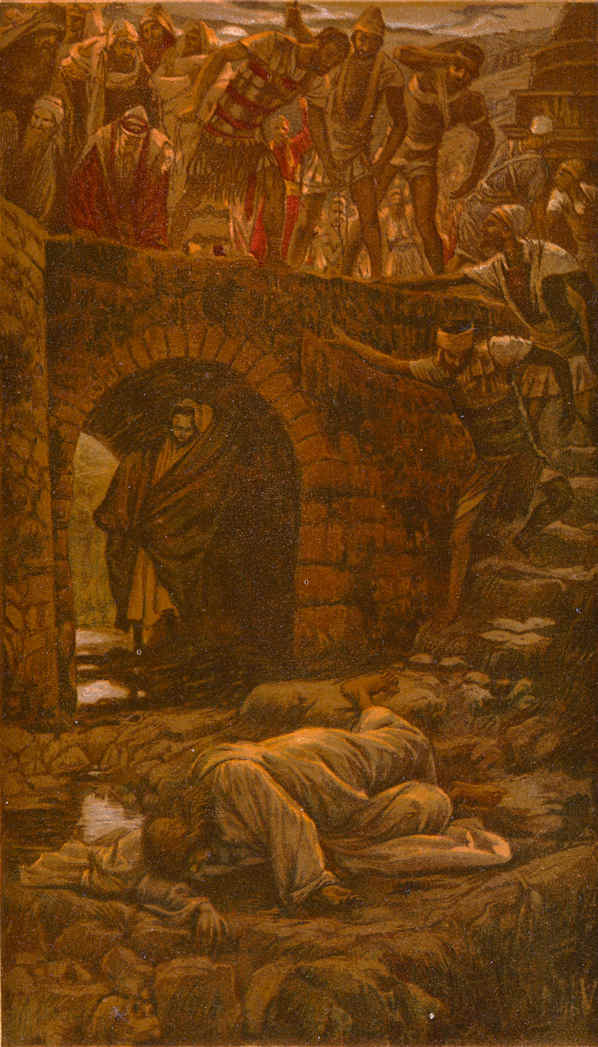Play-Acting
The Bible tells us that the Lord was without deceit: "And they made
His grave with the wicked - But with the rich at His death, because He
had done no violence, nor was any deceit in His mouth." (Isaiah 53:9,
1 Peter 2:22). Could He who is "the Truth" be accused of
subterfuge?: "Jesus said to him, 'I am the way, the truth, and the
life. No one comes to the Father except through Me.'"
(John 14:6).
Jesus told us what He thought about play-acting. To say 'play-acting'
in Greek, you say 'hupokrisis', which "primarily denotes 'a reply, an answer'...then, 'play-acting',
as the actors spoke in dialogue..." (Vine's Complete Expository Dictionary).
He didn't think too highly of it: "And when you pray, you shall
not be like the hypocrites. For they love to pray standing in the
synagogues and on the corners of the streets, that they may be seen by
men. Assuredly, I say to you, they have their reward." (Matthew 6:5).
When pressed to explain Jesus' prayers, some 'Oneness' Pentecostals assert
that He prayed for our benefit, for show not in earnest: to set an example.
Those who heard Him, they say, were watching someone pretend to carry on
a telephone conversation with the button pressed down. Hearing Him cry:
"O my Father," they make the astonishing claim that God is a
'hypocrite', in other words a stage actor, who puts on various masks and
disguises and pretends to carry on conversation. But would it not
be hypocritical for God to condemn people for hypocrisy if He excels in
that same character?

Praying Flesh
Finding it too shocking to repeat the claim that Jesus' prayers were
make-believe, pretend prayers, not all 'Oneness' Pentecostals go
there. Where, then? There is a 'Plan A' and a 'Plan B' with 'Oneness' Pentecostalism:
Plan A: Father, Son and Holy Spirit are three titles, offices or manifestations.
Plan B: The Father is Christ's divine Spirit and the Son is His flesh.
Christ's agonized prayer in the Garden of Gethsemane is quite impossible for Plan A. How could one title or office
cry out to another? At this, the 'Oneness' Pentecostals drop 'Plan A' and explain that it was 'the flesh' which
prayed. Certainly one cannot understand Christ's prayer in the Garden without realizing He had humbled Himself
and taken on our nature. It's not His native estate to approach the Father as a humble petitioner; there was a time
when He "did not consider it robbery" to be "equal" to the Father:
"Let this mind be in you which was also in Christ Jesus, who, being in the
form of God, did not consider it robbery to be equal with God, but made Himself of no reputation,
taking the form of a bondservant, and coming in the likeness of men. And being found in
appearance as a man, He humbled Himself and became obedient to the point of death, even the death of
the cross." (Philippians 2:5-8).
|

